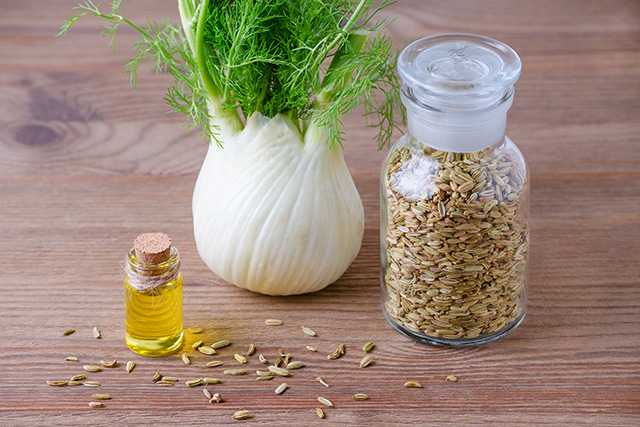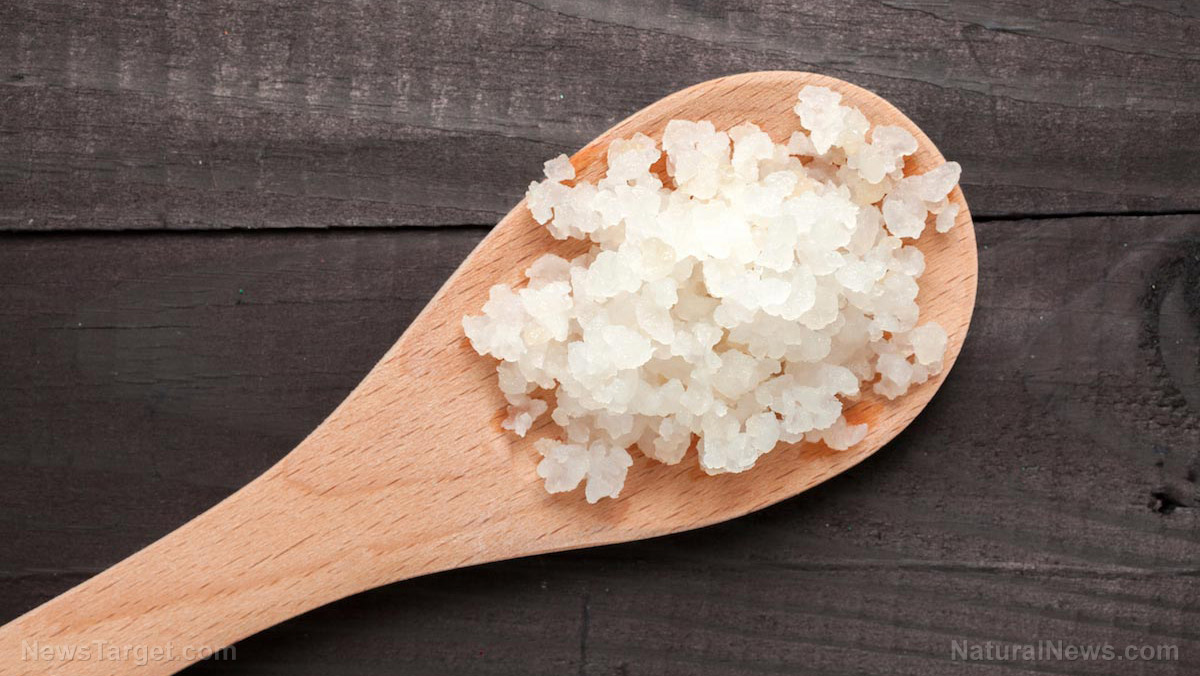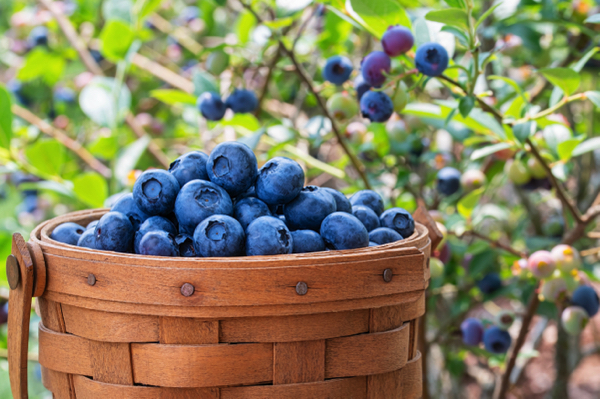 Parler
Parler Gab
Gab
"In the fennel group, 80% of girls and in the mefenamic acid group, 73% of girls showed complete pain relief or pain decrease, while 80% in the fennel group and 62% in the mefenamic acid group no longer needed to rest. There was no significant difference between the 2 groups in the level of pain relief."The next study, published in 2003, took 60 girls (mean age 12.5) with primary dysmenorrhea, administering either either 25 drops of 2% essence of fennel seed extract (taken every 4 hours) or 250 mg (taken every 6 hours) of mefenamic acid over the course of their menstrual cycle. They reported their results as follows:
"The essence of fennel can be used as a safe and effective herbal drug for primary dysmenorrhea, however, it may have a lower potency than mefenamic acid in the dosages used for this study." [Note: "No complication was reported in mefenamic acid treated cycles, but five cases (16.6%) withdrew from the study due to fennel's odor and one case (3.11%) reported a mild increase in the amount of her menstrual flow."]A third study, published this year in the Iranian Journal of Nursery and Midwifery, which as an open access article can be read in its entirety here, describes the results of a randomized parallel-group clinical trial, comparing the effects of 2% fennel extract drops to mefenamic acid (cap 250 mg) in the management of primary dysmenorrhea in 60 18-25 year olds. The results of the study were reported as follows:
"The present study showed that the efficacy of fennel drop 2% in pain relief in primary dysmenorrhea is comparable to the efficacy of common NSAIDs such as mefenamic acid cap. Investigators recommend that another product of fennel such as tab, cap, or fennel oil might be more acceptable than the essence. One subject had severe menstruation after taking fennel drop."It should be emphasized that many herbs, and especially their seeds, are very powerful and should be treated with great respect, consideration and care. Because fennel is antispasmodic and causes muscular relaxation, it can significantly increase the risk of menstrual bleeding. Anyone with a history of excessive bleeding would need to be especially cautious, and certainly, anyone wishing to dabble in herbalism would be well advised to seek the guidance of a licensed medical herbalist and/or integrative medical practitioner. Read more at: GreenMedInfo.com
Study shows oral health could be key to preventing heart disease
By Cassie B. // Share
Common sense is now a conspiracy
By News Editors // Share
Kefir: The ancient superfood for gut health and beyond
By Ava Grace // Share
How yoga heals the diseased heart
By News Editors // Share
Blueberries: A nutrient-packed superfood for holistic wellness
By Laura Harris // Share
Governments continue to obscure COVID-19 vaccine data amid rising concerns over excess deaths
By patricklewis // Share
Tech giant Microsoft backs EXTINCTION with its support of carbon capture programs
By ramontomeydw // Share
Germany to resume arms exports to Israel despite repeated ceasefire violations
By isabelle // Share










